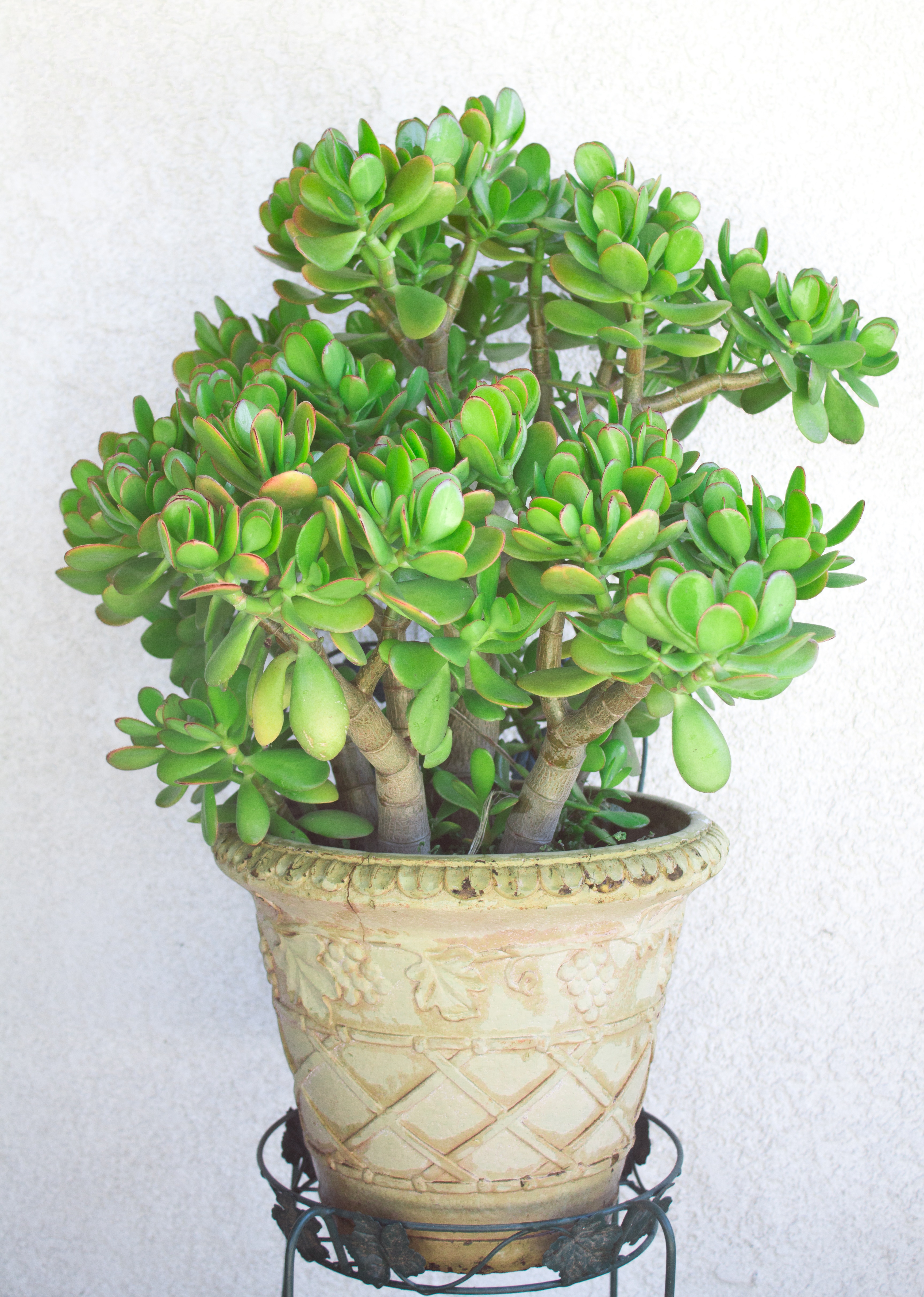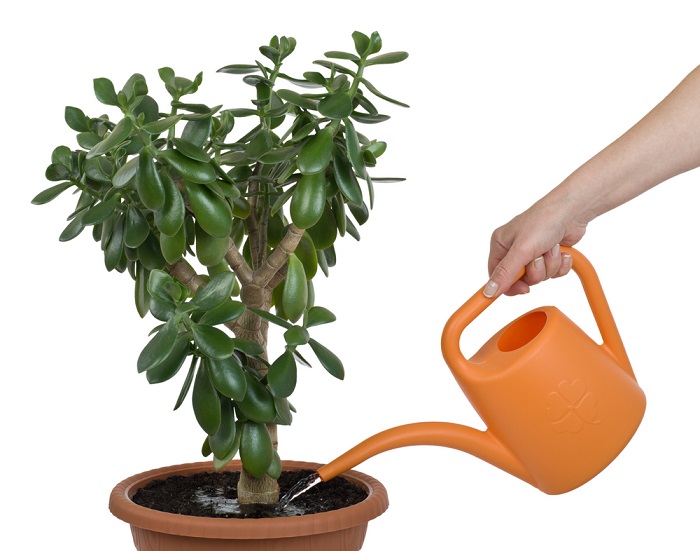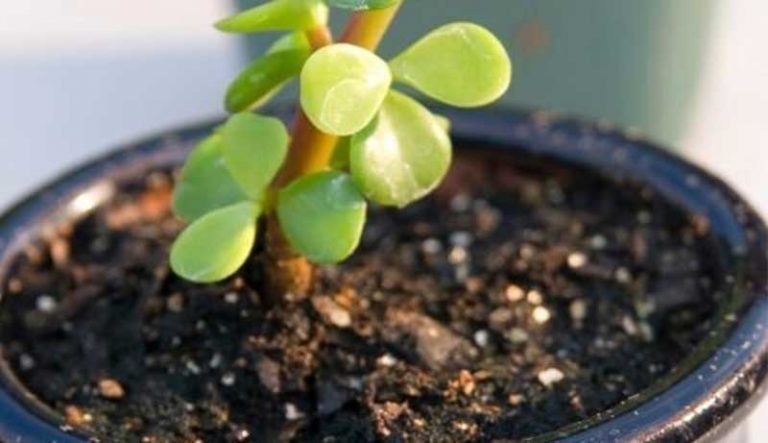
Source wendyluna232headline.blogspot.com
Welcome to our comprehensive guide on how to take care of the jade plant. Jade plants, also known as Crassula ovata or money plants, are popular houseplants that are not only visually appealing but also bring good fortune. Their fleshy, oval-shaped leaves and thick stems make them excellent additions to any indoor space.
In this article, we will walk you through the essential steps to ensure your jade plant thrives and flourishes. From proper watering and lighting to optimal soil conditions and pruning techniques, we have got you covered. So, let’s dive in and learn how to provide the best care for your jade plant.
1. The Importance of Light and Placement

Source www.petalrepublic.com
Choosing the Right Spot
When it comes to growing a healthy jade plant, proper placement is crucial. These plants thrive in bright, indirect light, so finding the right spot is essential. Place your jade plant near a south-facing window, ensuring it receives at least four hours of sunlight each day. If a south-facing window is unavailable, a west-facing or east-facing window can also work well.
Avoid Direct Sunlight
While jade plants enjoy bright light, exposing them to direct sunlight for extended periods can lead to leaf burn. To prevent this, you can use sheer curtains or blinds to filter the light. In the case of intense sunlight, it’s best to move your plant a bit away from the window or use a light shade cloth to diffuse the light.
2. Watering: Finding the Right Balance

Source jadeplantcare.com
Less is More
Jade plants are native to desert-like environments, making them more tolerant of underwatering than overwatering. To keep your jade plant healthy, it’s crucial to strike the right balance in watering. Allow the soil to dry out between waterings, and when you do water, make sure to do so deeply and thoroughly.
Avoid Waterlogged Soil
One of the most common reasons for jade plant failure is overwatering. Excessive water leads to root rot, causing the leaves to become yellow or drop off. Make sure the pot has proper drainage holes to allow excess water to escape and avoid leaving the plant sitting in a saucer filled with water.
3. Soil and Fertilizer Needs

Source thegardenfixer.com
The Ideal Soil Mix
Jade plants prefer well-draining soil that mimics their natural habitat. A suitable mix consists of two parts succulent or cactus soil, one part perlite or coarse sand, and one part organic matter such as compost or peat moss. This blend allows excess water to drain away, preventing root rot.
Fertilizer: Less is More
When it comes to fertilizing jade plants, it’s important to adopt a less-is-more approach. Only fertilize your jade plant during the growing season, which is typically spring and summer. Use a balanced, water-soluble fertilizer diluted to half the recommended strength. Over-fertilizing can lead to burnt roots and foliage, so it’s better to err on the side of caution.
4. Table Breakdown of Jade Plant Care
| Aspect | Details |
|---|---|
| Light | Bright, indirect light for at least 4 hours a day. Filter direct sunlight if necessary. |
| Watering | Allow soil to dry out between waterings. Deeply and thoroughly water the plant when needed. |
| Soil | Well-draining soil mix consisting of succulent/cactus soil, perlite/sand, and organic matter. |
| Fertilizer | Use balanced, water-soluble fertilizer diluted to half the strength during the growing season. |
| Pruning | Remove dead or yellowing leaves and trim leggy or overgrown stems to maintain a compact shape. |
FAQs – Common Questions About Taking Care of Jade Plants
Q: How often should I water my jade plant?
A: It’s best to water your jade plant when the top inch of the soil feels dry. Avoid overwatering as jade plants are drought-tolerant.
Q: Can I keep my jade plant outside?
A: Jade plants can be kept outdoors in warm climates but should be gradually acclimated to direct sunlight to prevent sunburn.
Q: Do jade plants require special fertilizer?
A: Jade plants do not require specific fertilizers. A balanced, water-soluble fertilizer diluted to half the strength works well for them.
Q: How do I propagate jade plants?
A: Jade plants are easily propagated through stem or leaf cuttings. Allow the cut end to dry for a few days before planting in well-draining soil.
Q: Why are the leaves of my jade plant wrinkled?
A: Wrinkled leaves are often a sign of underwatering. Ensure you provide sufficient water to keep the leaves plump and healthy.
Conclusion
By following the guidelines provided in this article, you can ensure your jade plants grow to be healthy, vibrant, and a source of joy in your indoor space. Remember to find the perfect balance of light, water, and nutrients to keep your jade plant thriving. With a little care and attention, your jade plant will reward you with its beauty for years to come.